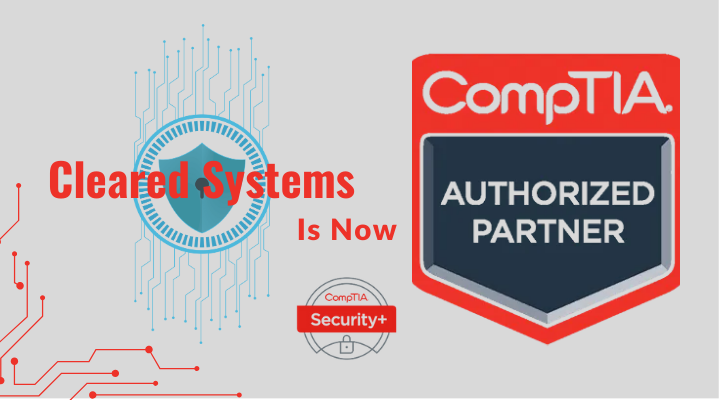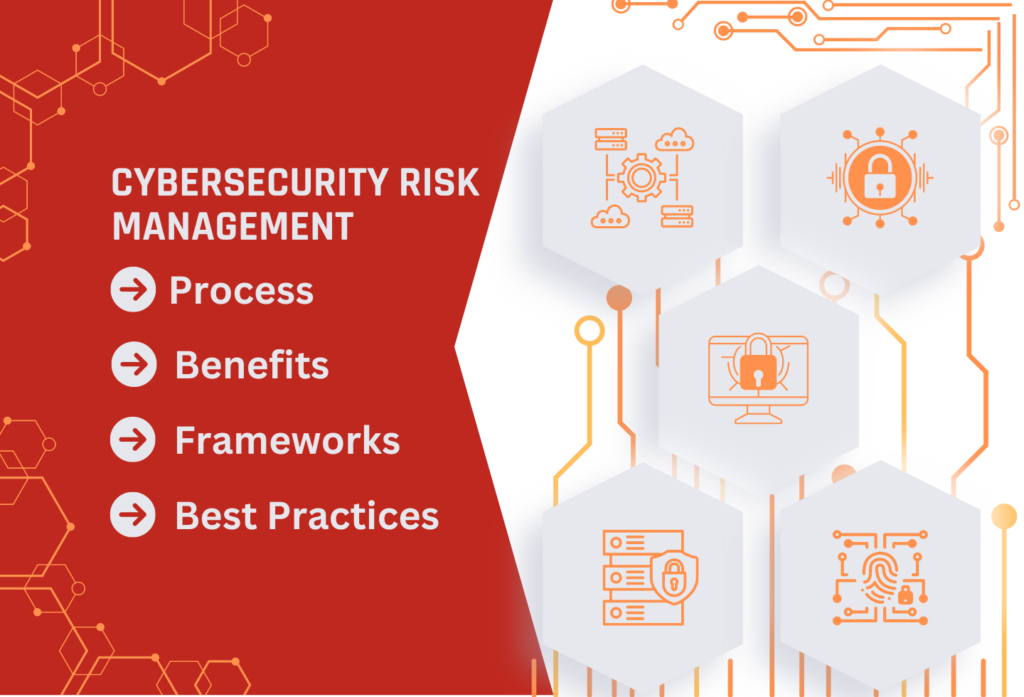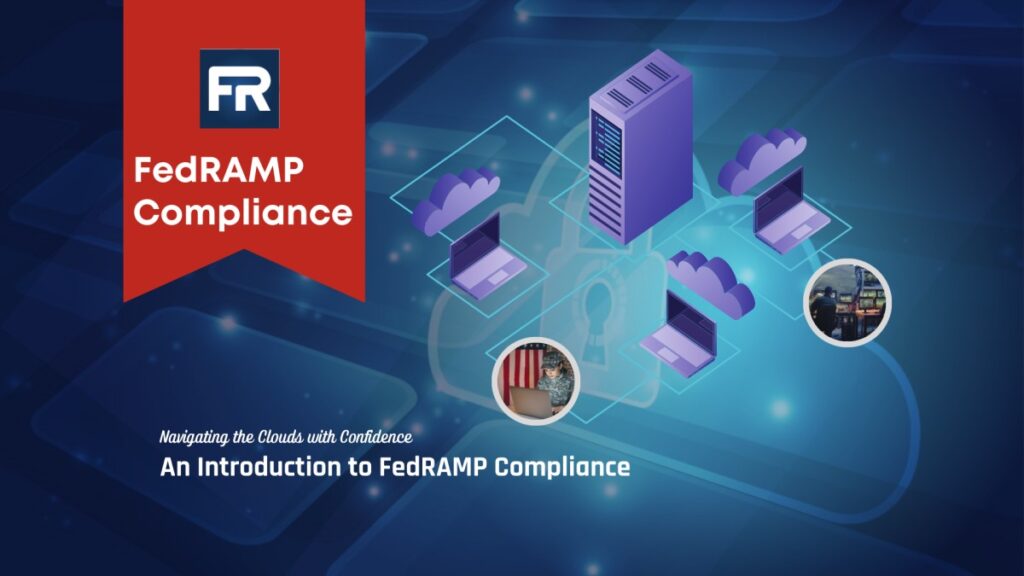The Role of ITAR Consultants in Mitigating Cyber Risks in the Defense Industry
In today’s complex landscape of global defense and security, the importance of compliance with the International Traffic in Arms Regulations (ITAR) cannot be overstated. ITAR, a set of United States regulations designed to control the export and import of defense-related articles and services, plays a crucial role in maintaining national and international security. However, navigating the intricacies of ITAR can be a daunting task for businesses involved in the defense industry. This is where the significance of cybersecurity enters the picture. With the increasing digitalization of defense information, ensuring the security of sensitive data has become paramount. This intersection of ITAR compliance and cybersecurity is a critical focus area for defense contractors and related businesses, and it underscores the indispensable role of ITAR consultants.
Who are ITAR Consultants?
ITAR consultants are specialized professionals who not only understand the complexities of these regulations but are also adept at identifying and mitigating the cyber risks associated with handling defense-related data. Their expertise is crucial in helping businesses not only comply with ITAR but also in ensuring that their digital information is secure from external threats. In this article, we will explore the impact of ITAR consultants in the defense industry, particularly in mitigating cyber risks. We will delve into the specific role played by ITAR consultants in enhancing cybersecurity and the overall benefits of engaging these experts in an industry that is constantly evolving and facing new threats.
Understanding ITAR and Cybersecurity Challenges in the Defense Sector
What is the Relevance of ITAR Regulations to the Defense Industry?
The ITAR controls the export and import of defense-related articles and services. Manufacturers of these defense articles also are required to be ITAR compliant. By its very nature, ITAR has more relevance in the defense industry than any other sector. By requiring that key defense players like manufacturers, importers, brokers, and exporters be compliant, the regulations safeguard defense innovations from any unauthorized use. This promotes a secure environment for research, development, and technological advancements in the defense sector. It also ensures that sensitive military technologies do not end up in the hands of potential adversaries. ITAR also creates a level playing field, ensuring that companies compete based on innovation, efficiency, and compliance rather than exploiting sensitive information for unfair advantages. By preventing the compromise of critical technologies, ITAR ensures that defense industry entities uphold operational integrity. This is critical in preserving U.S. national security.
By controlling access to cutting-edge defense technologies, the ITAR helps the defense industry maintain a technological advantage. As a result, quality products are manufactured, and our warfighters are at a superior advantage. By governing defense-related exports, ITAR fosters strategic defense cooperation and collaboration between the U.S. and its allies, reinforcing global security efforts. This is essential in shaping the U.S. foreign policy. The regulations also play a critical role in preventing the proliferation of advanced weaponry and military capabilities, minimizing the risk of these technologies spreading to unauthorized or hostile entities. For companies in the defense industry, compliance with ITAR is not just a legal requirement but a critical component of their operational integrity. Non-compliance can lead to severe penalties, including hefty fines and restrictions on future business operations. This is where ITAR consultants play a critical role. They can guide your organization to compliance by helping you close any compliance gaps and craft an effective ITAR compliance plan.
What Cybersecurity Challenges Do Defense Contractors and Related Businesses Face?
In an era where digital transformation is ubiquitous, defense contractors face numerous cybersecurity challenges. The primary concern is the protection of sensitive data, which, if compromised, could have grave consequences for national security. These challenges include threats like cyber espionage, hacking, and data breaches, which can result in the loss of critical defense information. Additionally, the rise of sophisticated cyber-attacks like ransomware and advanced persistent threats (APT) has heightened the need for robust cybersecurity measures. Achieving compliance can address the cybersecurity challenges above. However, ITAR consultants can still catch any cybersecurity gaps when conducting ITAR audits and recommend various mitigation strategies. Additionally, defense contractors must navigate the complex landscape of cybersecurity regulations, use cybersecurity best practices, implement stringent protective measures, and stay abreast of emerging threats to ensure the resilience of their information systems. Only by doing this can they address these challenges effectively.
The Intersection of ITAR Compliance and Cybersecurity
The intersection of ITAR compliance and cybersecurity represents a critical nexus for entities operating in the defense industry. ITAR, established to control the export and transfer of defense-related technologies, plays a pivotal role in safeguarding national security. Ensuring compliance with ITAR regulations requires robust cybersecurity measures to protect sensitive defense information from unauthorized access, cyber espionage, and potential breaches. Cybersecurity within the ITAR compliance framework involves implementing stringent controls to secure data repositories, communication channels, and networks that handle defense-related technologies. Encryption, access controls, and continuous monitoring are integral components to thwart cyber threats and maintain the confidentiality of classified information.
Moreover, as the digital landscape evolves, defense contractors must adapt their cybersecurity practices to counter emerging threats, such as APTs and state-sponsored cyber espionage. Regular cybersecurity audits and assessments become essential to validate ITAR compliance and fortify defenses against ever-changing cyber risks. In essence, the intersection of ITAR compliance and cybersecurity is where legal obligations to protect sensitive defense technologies converge with the imperative to defend against evolving cyber threats. A comprehensive and adaptive cybersecurity strategy ensures not only compliance with ITAR regulations but also the resilience of defense entities against the dynamic cybersecurity challenges of the modern era.
Role of ITAR Consultants in Cyber Risk Management
Identifying and Addressing Specific Cybersecurity Risks
ITAR consultants bring a wealth of knowledge and specialized expertise to the table, particularly in identifying and addressing cybersecurity risks that are unique to the defense industry. Their understanding of both ITAR regulations and the cybersecurity landscape enables them to pinpoint vulnerabilities within a company’s digital infrastructure and processes. These consultants conduct thorough risk assessments, identifying areas where defense data might be at risk of breach or unauthorized access. By tailoring their approach to the specific needs and operations of each company, ITAR consultants ensure that cybersecurity measures are not just robust but also compliant with ITAR regulations.
Developing Customized Strategies for Different Types of Defense Entities
ITAR consultants recognize that no two defense entities are the same. Each organization has its unique structure, processes, and security needs. Therefore, ITAR consultants develop customized strategies that align with the specific requirements of each entity. This tailored approach ensures that cybersecurity measures are not only effective but also seamlessly integrated with the company’s existing operations. Whether it’s a large defense manufacturer or a small supplier, ITAR consultants provide targeted solutions that address specific cybersecurity challenges while ensuring full compliance with ITAR regulations.
Risk Assessment and Mitigation and Incident Response Planning
These consultants conduct comprehensive cyber risk assessments, identifying vulnerabilities and potential threats to sensitive defense information. They work collaboratively with defense contractors to develop and implement mitigation strategies that align with both ITAR requirements and best cybersecurity practices. In the event of a cybersecurity incident, ITAR Consultants assist defense contractors in developing and implementing effective incident response plans. This ensures a timely and coordinated response to cyber threats, minimizing the impact on sensitive defense information.
Training and Awareness Programs
Recognizing that human factors are crucial in cybersecurity, ITAR Consultants develop training programs to enhance the cybersecurity awareness of personnel within defense organizations. This includes educating employees on ITAR compliance requirements and best practices to mitigate cyber risks. Additionally, these consultants act as liaisons between defense contractors and their internal security teams. By facilitating effective communication and collaboration, they ensure that ITAR compliance measures seamlessly integrate into broader cybersecurity strategies.
Case Studies: Successful Mitigation of Cyber Threats in ITAR-Compliant Companies
One of the most effective ways to understand the role of ITAR consultants is through case studies. These real-world examples demonstrate how companies have successfully mitigated cyber threats through the guidance of ITAR consultants. For instance, a defense contractor may have faced challenges with securing their communication channels for transmitting technical data. An ITAR consultant could have stepped in to implement encrypted communication solutions, ensuring that data transfer complied with ITAR regulations and was secure from interception or hacking.
READ MORE: Cleared Systems Helps a Federal Contractor Achieve ITAR Compliance After a Merger
Benefits of Engaging ITAR Consultants
An ITAR compliance program may feel like a moving target, and in fact, it is. Your company must keep up with the export laws amidst evolving national security interests and foreign policy changes. ITAR consulting takes your entire business into consideration, ensuring you enjoy benefits such as:
Comprehensive ITAR Training
Do you work on ITAR-regulated items? Do you offer Defense services defined by the ITAR? If so, then you must ensure all employees understand their obligations under ITAR. This calls for comprehensive ITAR training on all levels of employees, a service offered by most ITAR consultants. This ensures that your organization is efficient and healthier in all areas of operations.
Ensuring Comprehensive ITAR Compliance Through Expert Guidance
The foremost benefit of engaging ITAR consultants is the assurance of comprehensive compliance with ITAR regulations. These consultants possess in-depth knowledge of the current laws and how they apply to various operations within the defense sector. Their expertise helps businesses navigate the complex regulatory landscape, ensuring all aspects of their operation, from manufacturing to data handling, are ITAR compliant. This expert guidance is invaluable in avoiding the significant legal and financial repercussions that can arise from non-compliance.
Strengthening Cybersecurity Measures to Protect Sensitive Defense Data
ITAR consultants play a pivotal role in strengthening a company’s cybersecurity measures. They assess and identify potential cyber threats and vulnerabilities in the handling of sensitive defense-related data. By implementing robust security protocols, encryption methods, and other cybersecurity best practices, they help businesses safeguard their data against cyber-attacks, data breaches, and other digital threats. This not only protects the company’s valuable data but also fortifies its reputation and trustworthiness in the defense industry.
Providing Ongoing Support and Updates in Response to Evolving ITAR Regulations and Cyber Threats
The regulatory landscape and cybersecurity threats are constantly evolving, making ongoing support and updates crucial. ITAR consultants provide continuous monitoring and regular updates to ensure that a business’s practices remain compliant and secure amidst these changes. They offer ongoing training and support to the company’s personnel, ensuring they are up-to-date with the latest ITAR requirements and cybersecurity protocols. This proactive approach helps businesses stay ahead of potential risks and maintain a strong stance in compliance and security.
Implementing ITAR Consultant Recommendations
Step-by-Step Approach to Integrating ITAR Consultant Strategies into Business Operations
Successfully implementing recommendations from ITAR consultants involves a structured, step-by-step approach. Initially, a comprehensive analysis of the current state of compliance and cybersecurity is conducted. Following this, the ITAR consultants outline a clear plan, prioritizing actions based on their impact and urgency. This plan typically includes updating policies, enhancing security protocols, and training employees. Businesses must integrate these recommendations systematically, ensuring each step aligns with their operational workflows and business objectives.
Training and Awareness: Educating Staff on ITAR Compliance and Cybersecurity Best Practices
An essential component of implementing ITAR consultant recommendations is staff training and awareness. ITAR compliance and cybersecurity are not just the responsibility of a single department; they require a company-wide commitment. ITAR consultants often develop training programs tailored to various roles within the organization, ensuring that everyone from the executive level to the operational staff understands their part in maintaining compliance and security. Regular training sessions help keep the staff updated on the latest ITAR regulations and cybersecurity threats, fostering a culture of security and compliance.
Leveraging Technology and Tools Recommended by ITAR Consultants
To effectively implement the recommendations of ITAR consultants, businesses must leverage the right technology and tools. This includes advanced software for data encryption, secure communication channels, and tools for monitoring and detecting potential cyber threats. ITAR consultants not only recommend these technologies but also assist in their integration into existing systems. They ensure that these tools are compatible with the company’s infrastructure and that they effectively enhance the security and compliance posture without disrupting business operations.
Conclusion
For manufacturers, exporters, and importers of defense articles and services, ITAR compliance is not a recommendation, it is a mandate. To effectively become compliant, these organizations must understand the convergence between cybersecurity and ITAR, particularly in the face of evolving cyber threats. They then should implement cybersecurity best practices such as regular pretesting and encryption of data, among others to ensure ITAR technical data is safe. However, implementation of the ITAR requires addressing cybersecurity challenges. This is where ITAR consultants play a crucial role. These specialists adeptly bridge ITAR compliance and cybersecurity, offering tailored strategies and mitigating risks unique to the defense industry. From identifying vulnerabilities to implementing robust cybersecurity measures, they can bolster your organization’s security infrastructure to safeguard it against cyber threats.
Share in Social Media
See More Case Studies

Securing Defense Contracts: A DFARS 252.204-7012 Compliance Case Study
Discover how Cleared Systems helped a Federal Contractor successfully achieve DFARS 252.204-7012 compliance by strengthening its cybersecurity posture, giving it a competitive edge when bidding for DoD Contracts.

What is GCC High?
Microsoft 365 Government Community Cloud (GCC) High is a specialized cloud solution tailored for U.S. federal, state, local, tribal, and territorial government organizations, as well as for contractors who hold or process data subject to specific security regulations. In this article, we will explore the features, benefits, and differences between Microsoft 365 GCC High and other Office 365 offerings.

Cleared Systems is Now a CompTIA Authorized Partner!
Is Your Workforce DoD 8570 Ready? The DoD Cyber Workforce Framework (DCWF) mandates that all personnel with access to DoD information systems possess a baseline

Cybersecurity Risk Management: Benefits, Frameworks, Processes & Best Practices
In today’s hyper-connected world, organizations of all sizes operate within a complex digital landscape teeming with opportunities and, unfortunately, vulnerabilities. This interconnectedness reveals one uncomfortable

Navigating the Clouds with Confidence: An Introduction to FedRAMP Compliance
Gone are the days of bulky servers and dusty storage rooms. Cloud technology has revolutionized data management, offering agility, ease of use, scalability, convenience, and
Partner with Us for Compliance & Protection
We’re happy to answer any questions you may have and help you determine which of our services best fit your needs.
Your benefits:
- Client-oriented
- Security
- Compliance
- Peace of mind
- Efficiency
- Trust
What happens next?
Schedule an initial meeting
Arrange a discovery and assessment call
Tailor a proposal and solution
